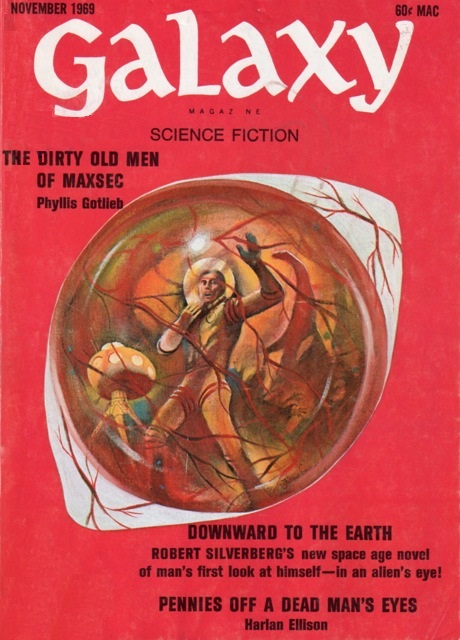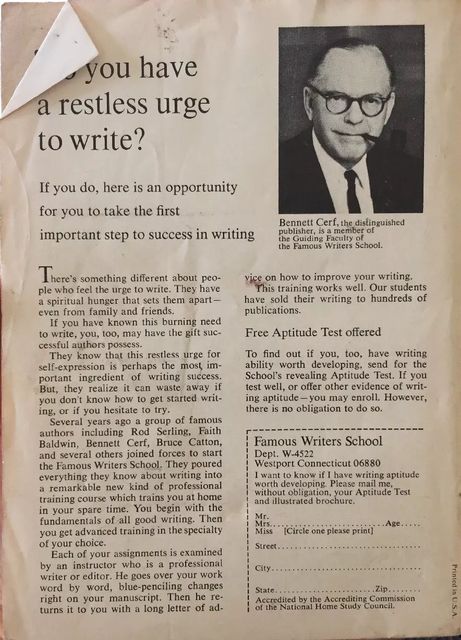Birthday Reviews: Harlan Ellison’s “Pennies, Off a Dead Man’s Eyes”
 |
 |
Cover by Jack Gaughan
Harlan Ellison was born on May 27, 1934.
Ellison has received 8 Hugo Awards, beginning with his short story “’Repent Harlequin!’ Said the Ticktockman.” His other Hugo Award winners include the short stories “I Have No Mouth, and I Must Scream,” “The Beast that Shouted Love at the Heart of the World,” “The Deathbird,” “Adrift Just Off the Islets of Langerhans: Latitude 38° 54′ N, Longitude 77° 00′ 13″ W,” “Jeffty is Five,” and “Paladin of the Lost Hour.” His screenplay for the Star Trek episode “City on the Edge of Forever” also earned him a Hugo. Ellison has also won four Nebula Awards for his stories “’Repent Harlequin!’ Said the Ticktockman,” “A Boy and His Dog,” “Jeffty is Five,” and “How Interesting: A Tiny Man.” SFWA has also given him the Bradbury Award for 2000x, in collaboration with Yuri Rasovsky and Warren Dewey. He has also won the World Fantasy Award, Bram Stoker Award (5 times), British Fantasy Award, British SF Association Award, the Jupiter Award (twice), the Prometheus Hall of Fame Award, and has three Worldcon Special Convention Awards.
LASFS presented Ellison with the Forry Award in 1970. He received a Milford Award for Lifetime Achievement in 1986, a World Fantasy Lifetime Achievement Award in 1993, an International Horror Guild Living Legend Award in 1995 and he received a Bram Stoker Lifetime Achievement Award the following year. He won the Gallun Award from I-Con in 1997. Ellison was named a World Horror Grandmaster in 2000. SFWA named him a Grand Master in 2006. In 2011, he was inducted into the Science Fiction Hall of Fame and received the Eaton Award for Lifetime Achievement. He was a Worldcon Guest of Honor at IguanaCon II in 1978 and a World Horror Con Guest of Honor in 2005.

